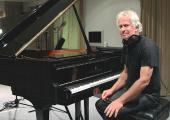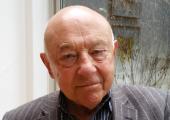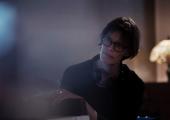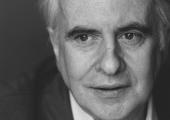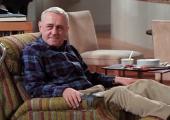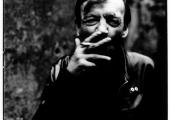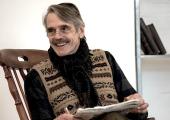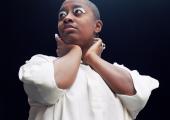Anna von Hausswolff: 'Forget about space and time, it's eternal and mysterious' - interview
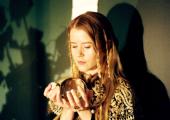
The Swedish singer-songwriter on her new album 'Dead Magic'
Considering the coal-dark nature of her music, it was unsurprising Sweden's Anna von Hausswolff was dressed entirely in black while meeting up at London’s Rough Trade East shop to talk about her new album Dead Magic. Less foreseeable was her sunny disposition and willingness to veer off topic. She happily explored what has brought her to this point and spoke enthusiastically about her inspirations.

